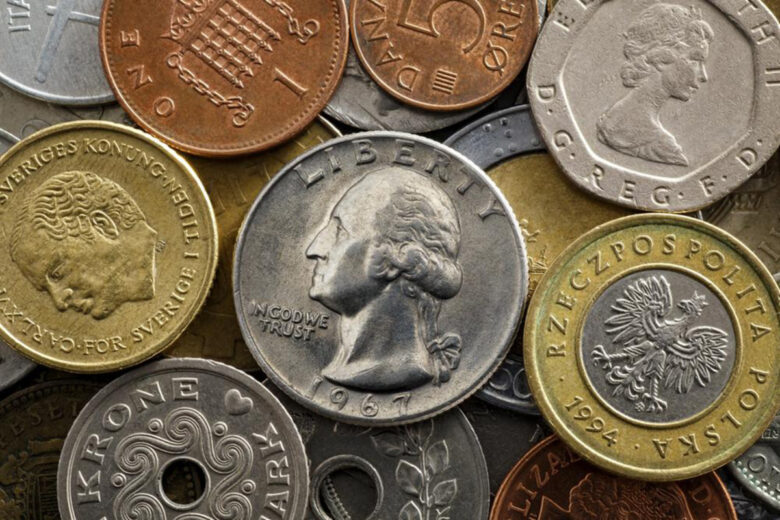The digital landscape offers a wealth of opportunities for coin collectors, from rare finds to exciting auctions. However, the rise of online transactions also brings the challenge of ensuring you’re dealing with a legitimate and reputable coin dealer. Verifying the authenticity of an online coin dealer is crucial not just to protect your investment but to enjoy a fulfilling collecting experience. Here’s a comprehensive guide on how to navigate this task.
Authenticity in Coin Collecting
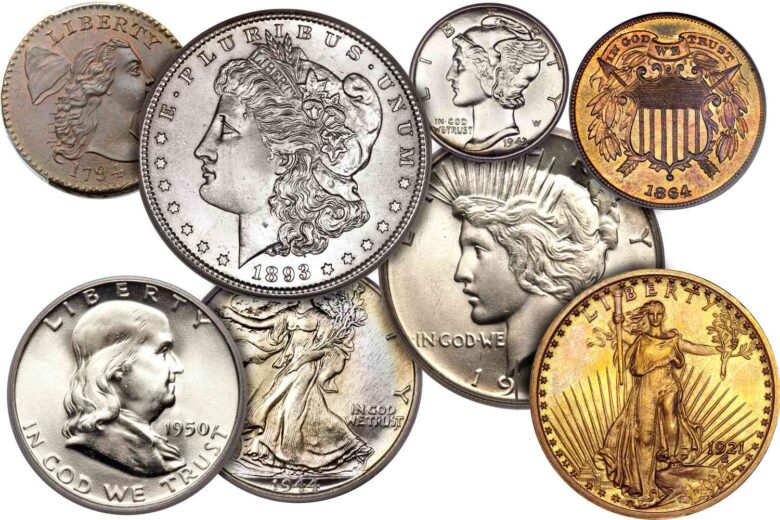
Hannibal coin collecting, or numismatics, is a hobby that goes beyond mere acquisition; it’s an exploration of history, art, and economics. The authenticity of a coin significantly impacts its value and historical significance. Thus, the legitimacy of the dealer from whom you purchase your coins becomes paramount. A trustworthy dealer not only guarantees the authenticity of the coins but also ensures that you are making informed decisions based on accurate information.
Research the Dealer’s Background
The first step in verifying an online coin dealer is to delve into their background. Start by examining their website comprehensively. A credible dealer will often provide detailed information about their expertise, years in business, and their professional affiliations. Look for membership in recognized numismatic organizations such as the American Numismatic Association (ANA) or the Professional Numismatists Guild (PNG). These memberships are more than just badges; they signify a commitment to ethical practices and continuous professional development.
Evaluate Online Presence and Reviews
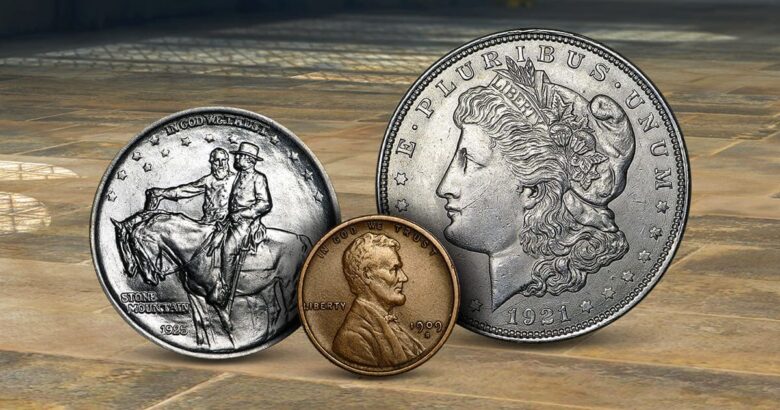
In today’s connected age, a strong online presence supported by customer reviews and testimonials is crucial. Platforms such as Google, Yelp, and even Facebook provide insights into the dealer’s business practices through the experiences of other customers. Pay attention to both positive and negative reviews to get a balanced view. However, be cautious with overly glowing reviews, as they can sometimes be fabricated. Cross-verifying reviews across multiple platforms can provide a more reliable picture.
Check for Detailed and Accurate Coin Descriptions
A committed and trustworthy coin dealer will offer detailed descriptions of the coins they sell. This includes not just the basics like the year, mint mark, and condition but also a thorough analysis of any historical significance. High-quality images of the coins should accompany these descriptions, allowing you to inspect details such as the lettering, edges, and any wear or damage. If descriptions are vague or images are of poor quality, it may raise questions about the dealer’s credibility.
Communication and Customer Service
Open lines of communication are essential. A reputable dealer will be approachable and willing to answer your queries. Before making a purchase, try contacting the dealer with a few questions about their coins. Their responsiveness and the depth of their answers can help you gauge their knowledge and customer service quality. Lack of communication or evasive answers can be red flags.
Secure and Transparent Transaction Processes
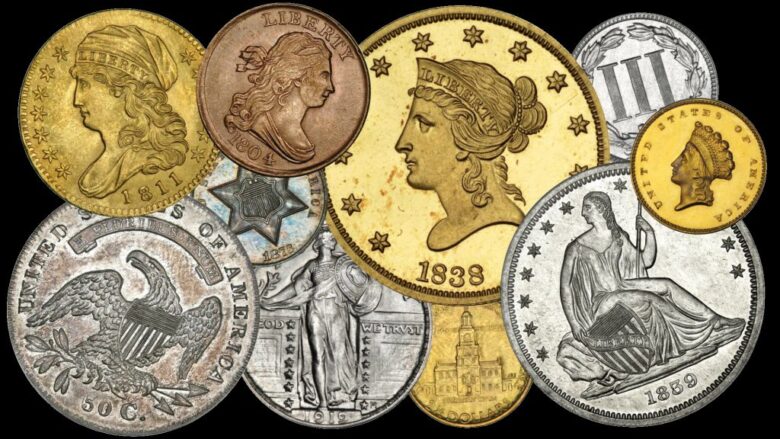
When it comes to purchasing, the security of the transaction process is vital. A credible online coin dealer will use secure, encrypted platforms for transactions to protect your financial information. Additionally, they should offer clear information about their return policy, shipping methods, and any guarantees on the authenticity of the coins. Transparency in these areas is a strong indicator of a reputable dealer.
Ask for Certificates of Authenticity and Other Documentation
For high-value coins, ask if the dealer provides a certificate of authenticity or other documentation verifying the coin’s origin and legitimacy. These documents play a crucial role in the collectible world by providing proof of your coin’s validity. Some reputable dealers also offer grading services through third-party agencies like the Numismatic Guaranty Corporation (NGC) or the Professional Coin Grading Service (PCGS), adding another layer of credibility to their offerings.
Follow Numismatic Forums and Community Insights
Engaging with the numismatic community online can offer additional reassurance. Forums and discussion boards allow collectors to share their experiences and advice on various dealers. Participating in these communities not only helps in verifying the authenticity of a dealer but also enriches your knowledge and enjoyment of coin collecting.
Continuous Learning and Vigilance
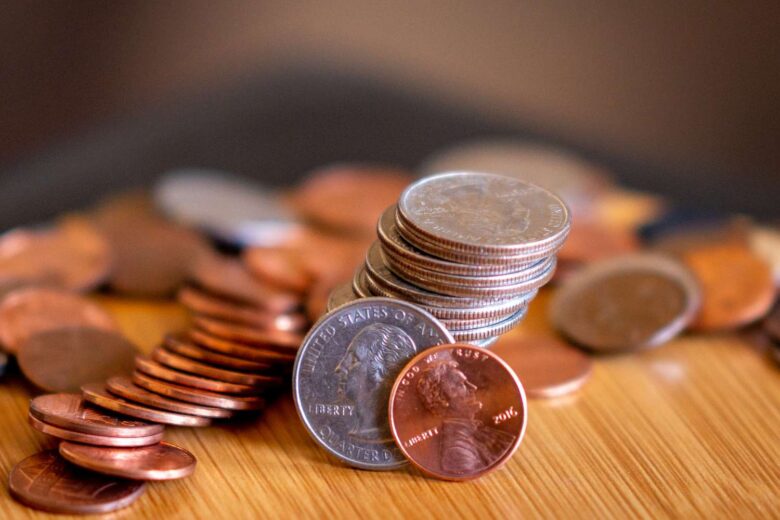
Lastly, staying educated about numismatics and staying vigilant against fraud are ongoing processes. The market for collectibles is continuously evolving, with new scams and fraudulent practices emerging. Keep yourself informed about common scams in the industry and watch for news about disreputable practices. Your ongoing education as a collector can be your best defense against being deceived.
Building Trust Through Consistent Quality and Professionalism
Beyond the initial checks and research, the long-term consistency of a dealer in delivering quality coins and professional service plays a crucial role in verifying their authenticity. Established dealers usually have a track record that reflects their commitment to quality and excellence. Consistent positive feedback over time from various customers acts as a strong endorsement of their legitimacy.
Leverage Technology for Verification
Advancements in technology also provide tools that can assist in verifying the authenticity of an online coin dealer. For example, reverse image searches can help determine if the images of the coins are unique to the dealer or if they have been copied from other sources. Additionally, tools that check the age of the website and its traffic can provide insights into the business’s stability and reputation.
Legal Framework

It’s also beneficial to understand the legal protections available to you as a buyer. Many regions have laws and regulations that govern online commerce and protect consumers against fraud. Familiarizing yourself with these laws can help you understand your rights and the recourse available in the event of a fraudulent transaction. It also positions you to ask more informed questions about the dealer’s compliance with these laws.
Networking with Other Collectors
Networking with fellow collectors can offer a wealth of information and firsthand accounts of experiences with various dealers. Coin shows, collector clubs, and auctions are excellent places to meet other enthusiasts who can provide recommendations and warnings based on their own experiences. These interactions can be invaluable in building a network of trusted sources and dealers.
Analyzing Pricing to Gauge Authenticity
Another aspect to consider is the pricing of the coins. Extremely low prices can sometimes indicate counterfeit products, especially if the deal seems too good to be true compared to market values. Conversely, excessively high prices without clear justification in terms of rarity or historical value might also signal a lack of authenticity. Understanding the market and typical pricing for the types of coins you are interested in is crucial.

